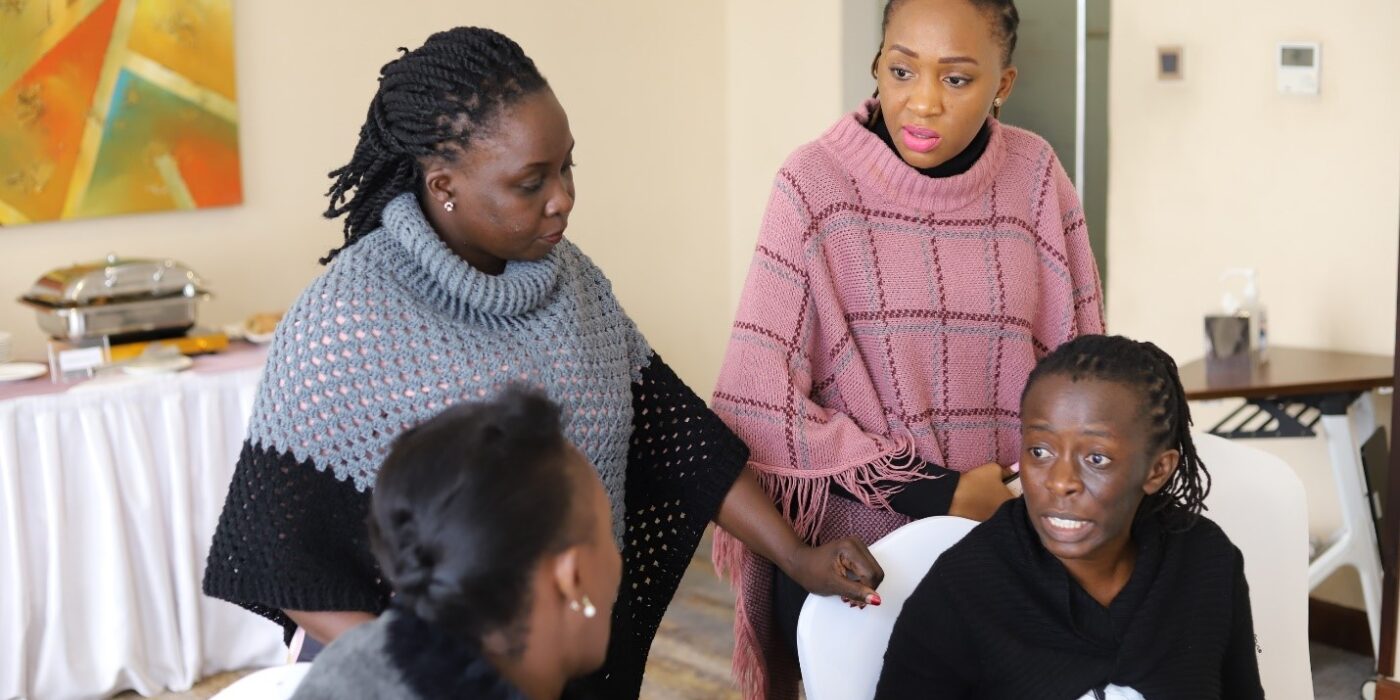The lack of policy guidelines to coordinate peacebuilding and conflict transformation approaches remains a fundamental problem in Uganda. As a result, most actors engage in peacebuilding on an ad hoc basis and in a reactionary manner, duplicating interventions which often results in unhealthy competition and wastage of resources with minimal impact whenever conflicts arise.
The draft Uganda National Peacebuilding and Conflict Transformation Policy was developed to address gaps as it is intended to provide a mechanism for coordination and synergy among stakeholders involved in peacebuilding and conflict transformation (PBCT). The policy draft has unfortunately not progressed through the approval process since 2015 despite the fact that a number of policy frameworks relevant to peacebuilding have been passed by the government, and the conflict dynamics in Uganda have gone through a series of changes.
It is against this background that the Women’s International Peace Centre and Safer World convened two review meetings to discuss the 2015 draft National Peacebuilding and Conflict Transformation Policy and a validation meeting with stakeholders drawn from national and selected local governments where the two partners operate. The meetings were convened in two phases as follows;
Phase one: 1st Technical Review Workshop of the draft peace building and conflict transformation policy.
The review process started with an independent peace /policy expert who reviewed, made recommendations and presented findings in a comprehensive technical review workshop from 12th to 13th July 2022 with a total of 38 participants.
The technical review panel consisted of key government entities such as; the Office of the Prime Minister, Office of the Attorney General, Ministry of Defence and Veteran Affairs, Ministry of Internal Affairs (policy and planning office, and small arms and light weapons), Ministry of Justice, The Uganda Law Reform Commission, Uganda Human Rights Commission, Uganda Prisons, Uganda Police Force, and Local Government representatives from across Uganda and individuals from Civil Society.
The review panel identified gaps in the NPBCTP and ensured that the policy is representative of the most recent national conflict analysis, the changing dynamics and trends of conflict in the country, as well as evolving government policies. The panel also built consensus on the vision, objectives, and priority action areas for the policy; appraised the adequacy and suitability of the interventions and response mechanisms set out in the policy; and finally, guided on an action plan for strategic advocacy and lobby for the speedy passing of the policy.
On 14th July 2022, the findings from the technical review workshop were presented to a wider stakeholder audience for validation and further scrutiny. The validation forum provided a platform for 107 survivors and members from marginalized communities and civil society, religious and cultural leaders to discuss whether the draft policy satisfactorily addresses their needs and concerns.
Phase Two: 2nd review of the Draft National Peace policy.
For ownership, a concretized outcome, and faster drive, a government expert Commissioner, Policy and Planning, Ministry of Internal Affairs based on his technical expertise in policy and planning conducted the second in-depth technical review of the NPBCT policy. He developed intervention areas that were still missing in the document, checked its conformity with other existing government frameworks, and made a presentation in the second review workshop held from 17th to 19th August 2022 that brought together 16 participants. They included representatives from Civil Society, Uganda Human Rights Commission, Ministry of Internal Affairs Policy and Planning Department, Uganda Joint Christian Council and the Refugee Law Project. The group thoroughly reviewed and polished the 2nd 2022 Peace policy document which has since been shared with the Ministry of Internal Affairs for review.
The review findings were to inform engagements of the women peace champions with other relevant stakeholders e.g., ministries/departments/agencies, Parliament, and traditional institutions to influence the passing of the policy.



